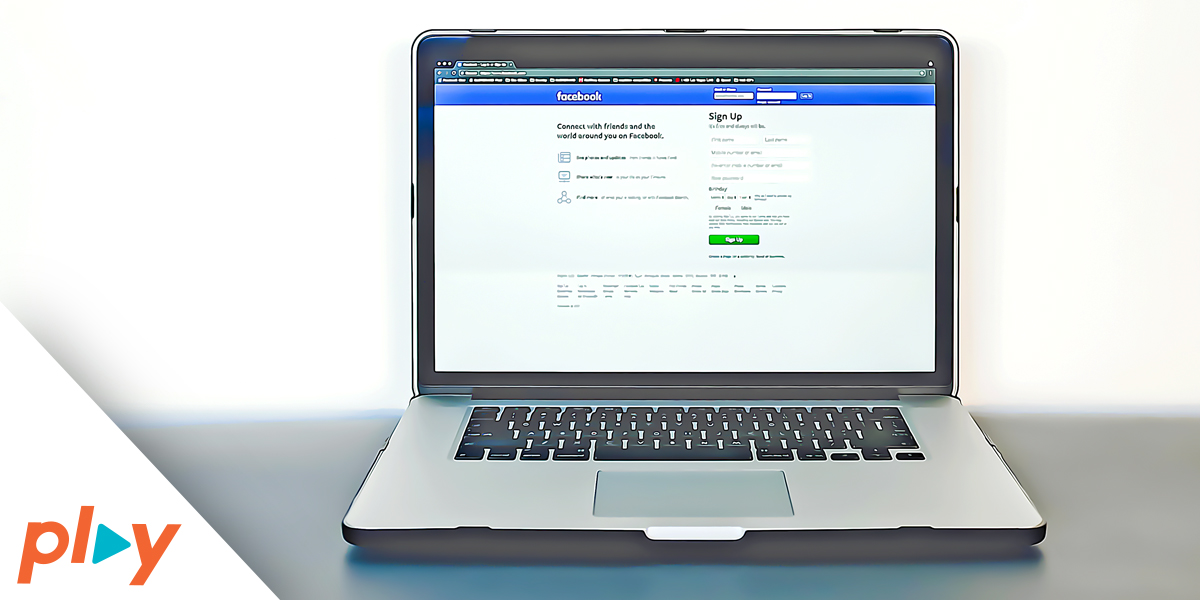What is Facebook Attribution? Our Lincoln Marketing Agency Explains All!

As PPC experts, we have all the insight you need to understand the Facebook attribution model
What is Facebook Attribution?
To correctly measure an ad campaign’s success in Facebook’s Ad Manager, our agency sets up a Facebook Pixel, a conversion tracking method, to see whether a particular account/campaign is garnering positive results and how viewers are interacting with the ads. As Social Media Examiner writes, “Each of these actions (interactions) is recorded. When your ad leads to a conversion, Facebook will attribute (credit) the ad in Ads Manager.” When the Apple iOS 14 update is fully rolled out, some of this data will become limited and/or removed. However, the basic concept will remain the same. As an advertiser, you will continue to have more data about how well your campaign is performing than you could ever gain from traditional advertising (like direct mail or newspaper ads).
The “attribution window” is the time between when a consumer saw or clicked your ad and the day in which they took action. Facebook automatically sets this window to a 1-day view and a 28-day click. This default action allows our PPC agency to see conversion events happening 1 day after someone viewed an ad and up to 28 days after someone clicked. Facebook measures these actions in 2 different ways: click-through attribution and view-through attribution. This attribution window will be changing to a 7-day click in 2021 (it could happen in the first month of the year).
Click-through attribution is defined by a person who simply clicked on an ad and took action. Alternatively, view-through attribution would be someone who saw an ad, didn’t click on that ad, but who still took action within that window of time.
Luckily, Facebook allows us to edit that attribution window to better suit our client’s needs and look at the click-through and view-through attribution data.
But where exactly do the results and report data from Facebook come from? Social Media Examiner breaks it down this way:
- Conversions have to be within the attribution window.
- Clicks will get counted as a conversion over ad views.
- Multiple actions (like shares) count as a click.
This means that a purchase made days after a consumer sees an ad can still be counted, so long as they are within that window.
Facebook Conversion Tracking vs. Google
Facebook and Google are both giants in the online advertising space. However, there are some differences in how each track conversions. These differences are especially crucial to note when businesses are running the “same” campaign on both Facebook and Google. As a PPC agency, we must look for any discrepancies and reasons why a Facebook campaign might be showing more conversions than Google. Hunch writes that “Facebook attribution shows much better results in campaigns than GA (Google Analytics). Google Analytics reports a lower number of transactions and revenue coming from social.”
But why is this the case? Simply put, the Facebook Pixel and Google Analytics collect data in different ways. Hunch goes on to say that “Google Analytics doesn’t recognize or track Facebook’s impression-based conversion…” and “Facebook is not a multi-channel platform.” In the case of Facebook, this means that the attribution model mentioned above will always attribute the conversion back to itself.
As a marketing agency in Lincoln, we can’t look at one of these tracking methods as better or worse. Instead, we work with our clients to establish their advertising goals and then decide as to which platform will best serve their needs and, equally important, where to allocate ad spend.
While the Facebook Pixel offers one method of tracking conversions, along with the attribution window, Google Ads has an entirely different approach to measuring our campaigns’ success. It’s important to note the differences between the two platforms, as those differences can help businesses choose the right place for their advertising campaigns, and understand that even though there may be discrepancies in reporting between the two platforms, it’s really because they often work together to bring in sales.
For example, let’s pretend that someone sees your ad on Facebook, clicks on it, then gets distracted and puts their phone down prior to making the purchase. Then later that night, they come back and search for your business name on Google. They see a Google paid search ad, click on it, and make the purchase. What will happen? Most likely, Facebook and Google will both record that sale as a conversion. Is this a bad thing? No, it isn’t, it’s a good thing, it means your advertising worked! Even though two platforms worked together to bring you a sale and therefore may have reporting discrepancies, at the end of the day, what matters is that you got the sale because your ads did their job. This is cause for celebration!
Wondering which platform is best for you? We break down those differences here.
Why Does a Lincoln Marketing Agency Pay Attention?
Measuring results through conversion tracking gives us tangible results to show our clients, thus establishing the success of a campaign through numbers, not guesswork. The Facebook Attribution model gives us the means to track results. We pay attention to the results so that we can make adjustments to our campaigns if needed. Interested in learning more about advertising on Facebook? Read our blog about Growing Current Member Accounts!
Want to know more about how our marketing agency can help your business grow? Reach out to us today!
